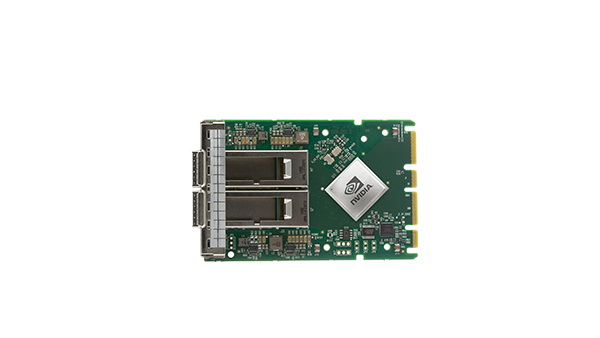After months of hard work, we’re thrilled to announce that ZZ Servers has completed our 11th annual Payment Card Industry, Data Security Standard (PCI DSS) Level 1 Service Provider Validation. This means our systems and services have been evaluated by independent auditors and passed the highest security protocols set by PCI DSS.
For our clients, this means you can feel confident that your transaction data is protected with the utmost rigor and security.
What is PCI compliance?
The Payment Card Industry (PCI) Data Security Standards are requirements instituted and regulated by the PCI Security Standards Council (PCI SSC). The PCI SSC is a consortium of major card brands, including Visa, MasterCard, American Express, Discover, and JCB, created to enhance credit and debit card data security. All organizations that process, store, or transmit payment card data must comply with PCI DSS requirements or risk losing their ability to process credit card payments.
What are the key regulations and requirements for PCI compliance?
Businesses that handle payment card transactions must understand the need for pci compliance regulation. The Payment Card Industry Data Security Standard (PCI DSS) sets the rules for safeguarding sensitive cardholder information. Compliance with these regulations ensures secure payment processing and protects against potential breaches. Organizations must adhere to various requirements, such as maintaining a secure network, regularly monitoring and testing systems, and implementing strong access control measures. Embracing these key regulations helps maintain customer trust and mitigates the risk of data breaches.
What Does HIPAA Title II Cover and How Does it Relate to PCI Attestation of Compliance?
HIPAA Title II covers the standards for electronic health care transactions and the security and privacy of health information. Providers’ hipaa title ii knowledge ensures compliance with these regulations. PCI Attestation of Compliance, on the other hand, relates to the Payment Card Industry Data Security Standard (PCI DSS), which safeguards cardholder data. While both frameworks involve data protection, they address different aspects of healthcare and payment card industry respectively.
What Are the Effects of the EMV Rollout on PCI Compliance for Online Retailers?
The impact of emv rollout on online retailers is significant when it comes to PCI compliance. As more customers transition to EMV chip cards, online merchants face a higher risk of fraudulent transactions. To maintain PCI compliance, retailers must adopt additional security measures, such as two-factor authentication and tokenization, to protect customer payment data and prevent breaches. Failing to adapt to the EMV rollout can lead to costly non-compliance penalties and damage to a retailer’s reputation.
What Does PCI Compliance Involve on a Daily Basis?
Maintaining and adhering to PCI compliance standards is crucial in ensuring the security of sensitive payment card data. On a daily basis, businesses need to implement secure measures, such as regular network scanning, encryption, and employee training, to meet the demands of pci compliance importance. This involves continuously monitoring and assessing vulnerabilities, validating compliance, and promptly addressing any potential risks or breaches to protect customer information.
What Is the Importance of PCI Compliance in Selecting a Managed Service Provider?
When selecting a managed service provider, it is crucial to prioritize PCI compliance. A pci compliant managed service provider ensures that your organization’s sensitive payment card information is securely handled, processed, and stored. This not only protects your business from potential data breaches but also fosters trust among customers, partners, and stakeholders. Stay ahead in the ever-evolving digital landscape by choosing a dependable and reliable pci compliant managed service provider.
How does ZZ Servers manage PCI compliance?
ZZ Servers acknowledges our responsibility for compliance with PCI requirements and protects any cardholder data that we, as a service provider, process, store, process, or transmit on behalf of the customer. Validated as a Level 1 Service Provider for our Datacenter, Cloud, and Managed Services, ZZ Servers demonstrates compliance with all 12 security requirements through an annual third-party review of our IT environment and information security policies and procedures. This means that these services provide an infrastructure for customers to build their own services or applications that store, process, or transmit cardholder data.
Our services have been reviewed by an independent Qualified Security Assessor and determined to be PCI DSS 3.2.1 compliant. This means that these services provide an infrastructure for customers to build their own service or application that stores, processes, or transmits cardholder data.
ZZ Server’s latest PCI Attestation of Compliance (AoC) can be downloaded by clicking the download button.
[clickfunnels_embed height=”1000″ url=”https://security.zzservers.com/pci-compliance-checklist41933161″ scroll=”no”]



